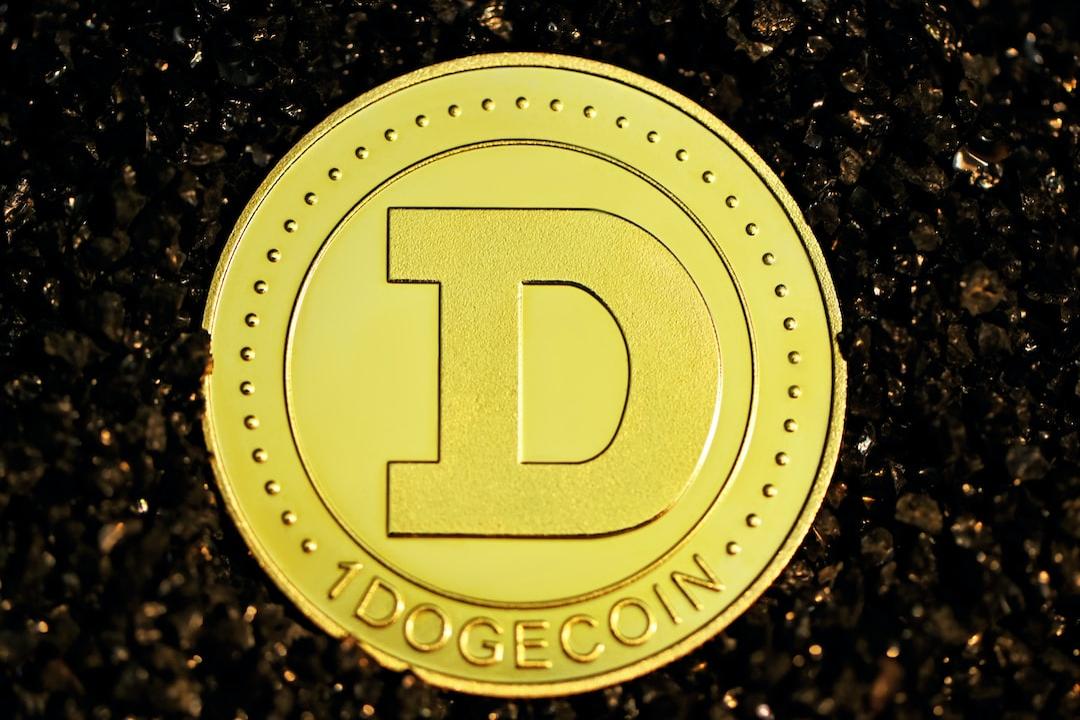As the biggest winner in the NFT craze of 2021, leading NFT marketplace OpenSea is now facing the challenge of declining trading volumes. To reverse the downward trend, the platform has announced the launch of OS2 (OpenSea V2) and has hinted at an airdrop plan for the $SEA token, hoping to regain its market influence.
NFT Trading Slump, OpenSea Seeks Solutions
OpenSea announced today that it has made significant updates to its website interface, launching the “OS2 Beta,” which features a “complete reimagining, designed for collectors and professionals” as an NFT trading platform.


At the same time, the platform will expand support for over ten blockchains, including Berachain and Soneium, enabling seamless cross-chain NFT transactions, such as purchasing NFTs on Solana using non-Solana payment methods.
In addition, OpenSea has reduced its marketplace trading fee to 0.5% and eliminated swap fees in the OS2 Open Beta, attempting to attract users with more favorable rates. At the end of the announcement, the team also previewed the upcoming release of the $SEA token and the airdrop reward measures for both new and existing users, with more details to be provided later.
(The Commercial Revival of NFTs? OpenSea’s Internal Test Version Exposed “Token Distribution,” Allowing Old Players to Receive Retroactive Rewards)
The Former Prosperity of the NFT Market
As an early unicorn in the NFT market, OpenSea once set a record of $476 million in trading volume in a single day during the Bored Ape Yacht Club (BAYC) Otherdeed metaverse land sales frenzy in May 2022. However, the platform’s trading volume has since plummeted by 90%, with recent daily trading volume dropping to merely $4 million.


OpenSea’s monthly trading volume has plunged into silence throughout 2024.
Data from Dune shows that in January 2022, OpenSea’s monthly NFT transaction count exceeded 5 million, but by January this year, the trading volume had decreased by 80%. In terms of royalty revenue, the company recorded an astonishing $268 million in January 2022, yet last month’s royalty revenue failed to reach even $4 million, shrinking by over 98%.
Regulatory Pressure and Fierce Competition, OpenSea’s Rocky Road
In addition to the significant contraction in market trading volume, OpenSea is also facing dual challenges from regulatory pressure and competition from rivals. In August 2024, the U.S. Securities and Exchange Commission (SEC) issued a Wells Notice to the company, indicating potential concerns regarding unregistered securities. Subsequently, due to financial pressures, OpenSea was forced to lay off 56 employees.
(OpenSea Under Investigation, Magic Eden CEO: Welcoming Regulatory Clarity)
At the same time, competition in the NFT market has intensified, with platforms like Blur and Magic Eden continuing to expand. The success that Magic Eden has achieved after increasing support for Ethereum and other chains may also be one reason why OpenSea is now joining the trend of supporting multiple blockchains.
(Magic Eden Set to Integrate Multiple Cross-Chain Ecosystems and Tokens by Year-End, Founder Promotes MAGIC Principles)
With the NFT market’s heat cooling down, can OpenSea Return to Its Peak?
As many traders now prefer to invest in more liquid and shorter-term speculative assets like meme coins rather than NFTs, it remains uncertain whether the market can regain the glory of 2021.
Even if OpenSea attempts to attract traders through platform upgrades, reduced fees, and the $SEA token airdrop, whether the former market leader can regain its footing and even reverse the sluggish trend in the NFT market remains to be observed.
Risk Warning
Investing in cryptocurrencies carries a high level of risk, and prices can be highly volatile. You may lose your entire principal. Please assess the risks carefully.

